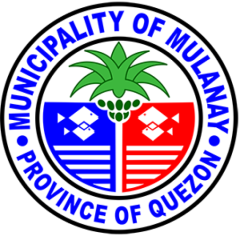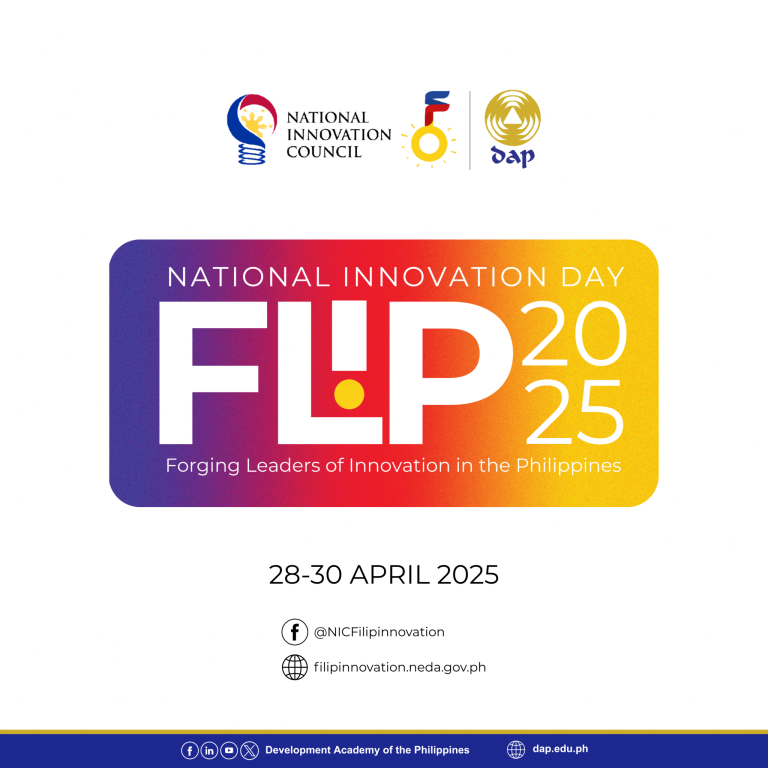The Gender and Development Office exists to create and encourage quality gender-responsive programs and policies where both men and women could equally gain from. Its vision is that both of these men and women equally contribute and equally gain from society.
Such is pursuant to RA 9710: Magna Carta of Women, wherein the goals of a Gender and Development (GAD) are gender equality, society transformation towards gender roles, active agency of women in development, improvement of women organization and women politics. And indeed, such development would be participatory, empowering, equitable, sustainable, violence-free, and respectful of human rights, and supportive of self-determination and actualization of human potentials.
To achieve the said goals, GAD Mainstreaming must be implemented. Such mainstreaming denotes an approach in turning both men and women’s issues and involvements an important aspect of the design, execution, maintenance, and assessment of all policies and programs of the government, so that both men and women may equally benefit. It is a way of evaluating the effects for men and women of any strategic activity, including legislation, policies, or programs in all areas and at all levels.
Part of the mainstreaming efforts is the development of a database. The Municipality of Mulanay launch the first Gender and Development Database in the province.
LGU GAD Database Account Log-in:
GAD Database Disclaimer and Data Governance Statement
Disclaimer on Data Scope and Interpretation
The data presented in this GAD (Gender and Development) Database is intended for informational and transparency purposes in accordance with the Joint Memorandum Circular 2013-01 and the Full Disclosure Policy. The scope of the data includes aggregated, non-identifiable, and publicly shareable information related to gender-disaggregated statistics, program accomplishments, and policy implementation within the locality.
Please note:
- The data does not contain personal or case-specific information related to individuals or sensitive situations such as gender-based violence.
- Interpretations of trends and figures must consider local context, program cycles, and available resources; standalone figures may not fully reflect the complexity of gender development indicators.
- While efforts are made to ensure data accuracy and currency, there may be inherent delays in updates due to validation and reporting protocols.
For research or policy use, we strongly recommend that users consult the LGU GAD Focal Point System or Planning Office for guidance on appropriate application of the data.
Data Governance and Privacy Policy
In compliance with the Data Privacy Act of 2012 (RA 10173) and related government regulations, the LGU commits to the following data governance principles:
- Anonymity and Aggregation
- Only aggregated and anonymized GAD data are published online. No personal identifiers or sensitive personal information (SPI) are collected, processed, or disseminated.
- Consent and Confidentiality
- All source data from internal departments and barangays are gathered with due diligence to ensure confidentiality. Data involving surveys or public responses are collected with informed consent and for specific policy/program purposes only.
- Access and Accountability
- The GAD Database is managed under the oversight of the Local Planning and Development Office and the GAD Focal Point System. Any inquiries, concerns, or data-related issues must be directed to these bodies.
- Data Updates and Retention
- The database is reviewed and updated bi-annually or as necessary. Records are retained only for as long as necessary to fulfill transparency and reporting mandates.
- Security Measures
- Website access and data storage follow current best practices in cybersecurity, including role-based access control and audit logging, to protect against unauthorized data access or tampering.














